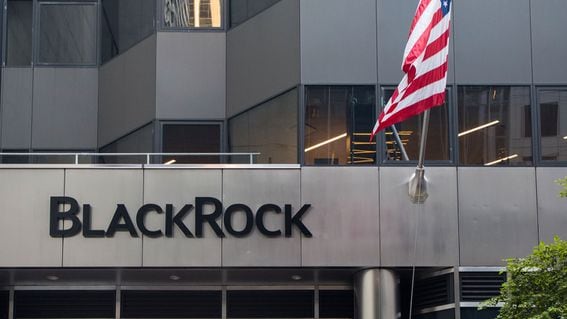
A New Chapter for Bitcoin ETFs
BlackRock’s iShares Bitcoin Trust (IBIT) has marked a significant development with its recent options launch, now trading on Nasdaq, allowing a one-day advance on upcoming competitors set to introduce their options.
In its inception day, IBIT options achieved over $2 billion in notional trading exposure, exceeding the volume for the ETF itself, which eclipsed $4 billion. The IBIT now stands robust with a market cap of $44 billion, outshining other ETFs except the SPDR S&P 500 ETF Trust (SPY), Invesco QQQ Trust Series 1 (QQQ), and iShares Russell 2000 ETF (IWM).
Insights on Trading Performance
Industry analysts, notably Eric Balchunas from Bloomberg, have celebrated the exceptional debut of IBIT options. However, this performance is yet to challenge the leading ETFs, with expectations for future growth.
Said Balchunas, "$1.9 billion is unprecedented for an opening day. In comparison, BITO produced just $363 million over four years. However, despite the impressive figures, it’s not yet hitting the top level;
GLD managed to do $5 billion today."
(Translation: 1.9 billion is unheard of for day one. For context, BITO did 363 million, and that’s been around for four years. And also this is with 25,000 contract position limits. That said, 1.9 billion isn’t quite a big dog level yet, though, GLD did 5 billion today, but give it a few more days/weeks.)
In an interesting turn, Jeff Park, also discussed the limitations imposed on these ETF options, emphasizing that IBIT has been sanctioned for a maximum of 25,000 contracts, illustrating the regulatory environment’s tight grip.
Continuous advancements in Bitcoin-linked products, paired with price breakthroughs beyond $94,000, mark a promising trajectory for the cryptocurrency space. Glassnode’s statistics appear equally hopeful, with options open interest recently surpassing $40 billion – indicating vibrant participant interest.
Conclusion
This evolving landscape, fueled by the historic inflow of $816.4 million into U.S. spot bitcoin ETFs, pushes the total to an impressive $28.5 billion in net inflows, hinting at a robust market potential for the future.



